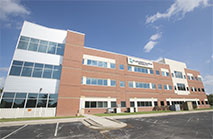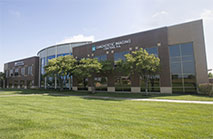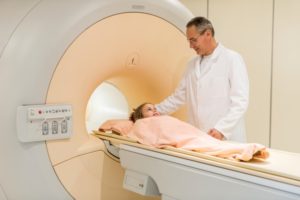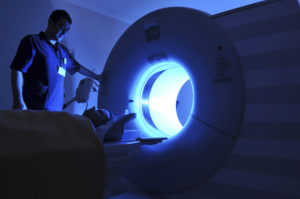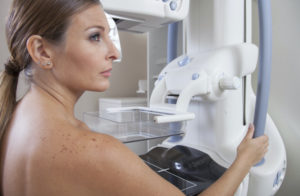Vascular Series Part 1 – Carotid Doppler Screening
 Everyone’s heard of cardiovascular disease, which is the leading killer of men and women in our country, but for many the term brings to mind only heart disease.
Everyone’s heard of cardiovascular disease, which is the leading killer of men and women in our country, but for many the term brings to mind only heart disease.
Being heart-health focused is great! But having healthy arteries is also critical to health and longevity. There are 795,000 US citizens affected by stroke each year. Strokes can be caused by blockage of blood flow in the vessels leading to or in the brain or bleeding from vessels in the brain.
Both cause death of cells in the brain if not treated promptly. Death of neurons can result in significant disabilities or death. Risks for the development of strokes include age, smoking, high cholesterol, diabetes, high blood pressure, family history, as well as heart conditions including atrial fibrillation, inactivity, obesity (just to name a few). One of the best things a person can do to fight this disease is to stay active!
Thickening of the arteries which go to the brain (atherosclerosis) can lead to strokes. Blood flow can become blocked by clot, or plaques lining the arteries can break off and travel to the smaller vessels in the brain causing blockages.
One noninvasive way of looking at these conditions of the carotid arteries in the neck is with Doppler.
This is an ultrasound technique which can show blood flow in vessels. Narrowing of vessels causes an increase in the velocity of flow through them (much the same as increasing the rate of flow through your garden hose by holding your thumb over and narrowing the opening). Doppler will look at the velocities in the arteries in the neck allowing us to find areas of narrowing. Doppler can estimate the degree of narrowing by looking at the velocities. Ultrasound of the arteries also allows us to see the wall and plaques causing the narrowing.
Carotid Doppler can be indicated to evaluate patients with mini-stroke symptoms or those at high risk for strokes. Sometimes carotid Doppler is indicated in high risk patients who are undergoing surgery for preoperative assessment of stroke risk. I
f you’d like to know more about how to stay (or get!) heart and vessel healthy, we recommend the American Heart Association’s website.
Image credit: Carotid ultrasound by National Heart Lung and Blood Institute (NIH) via Wikimedia Commons Copyright Public Domain
Originally published 6/6/14 on diagnosticimagingcenterskc.com.
